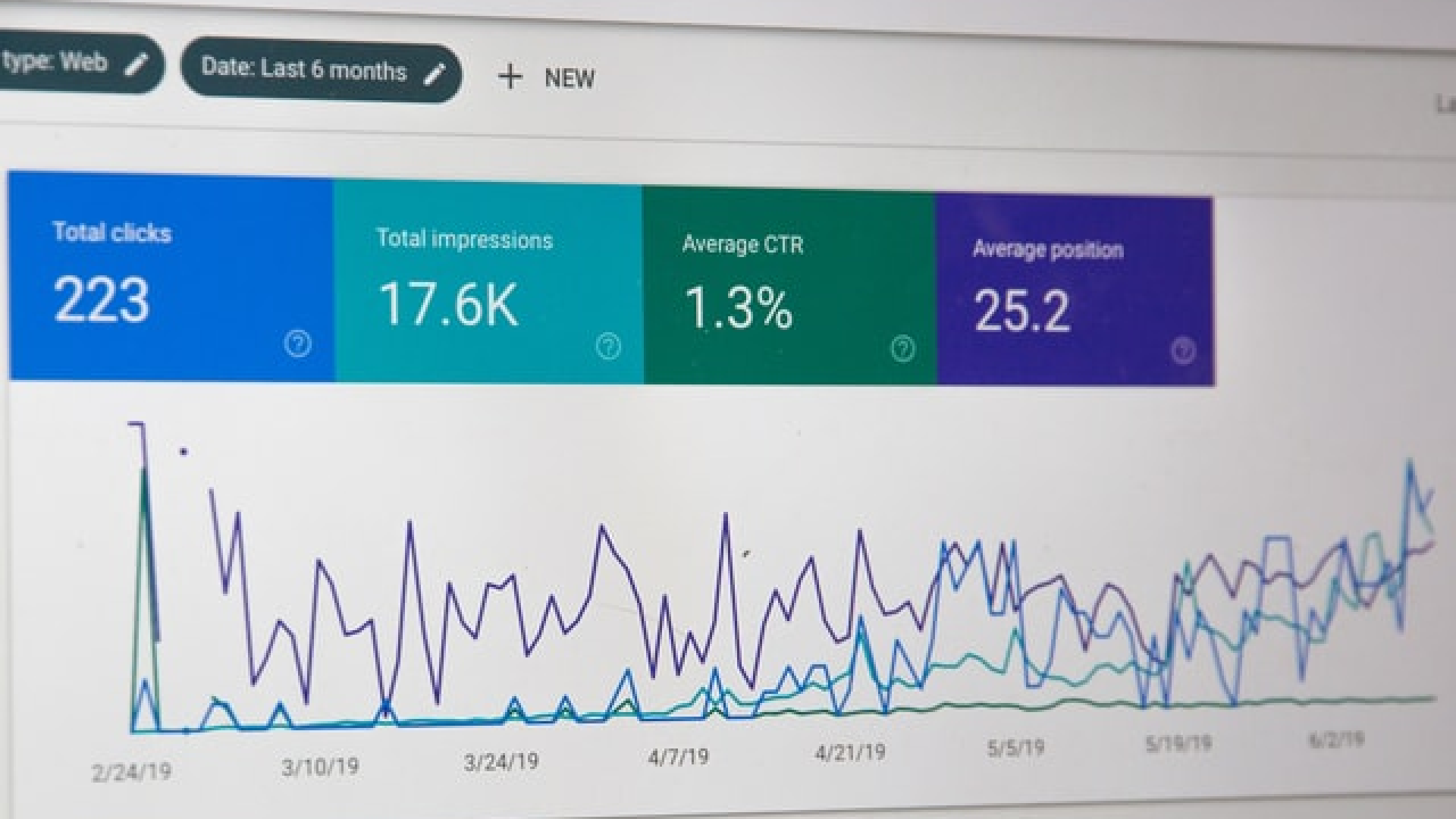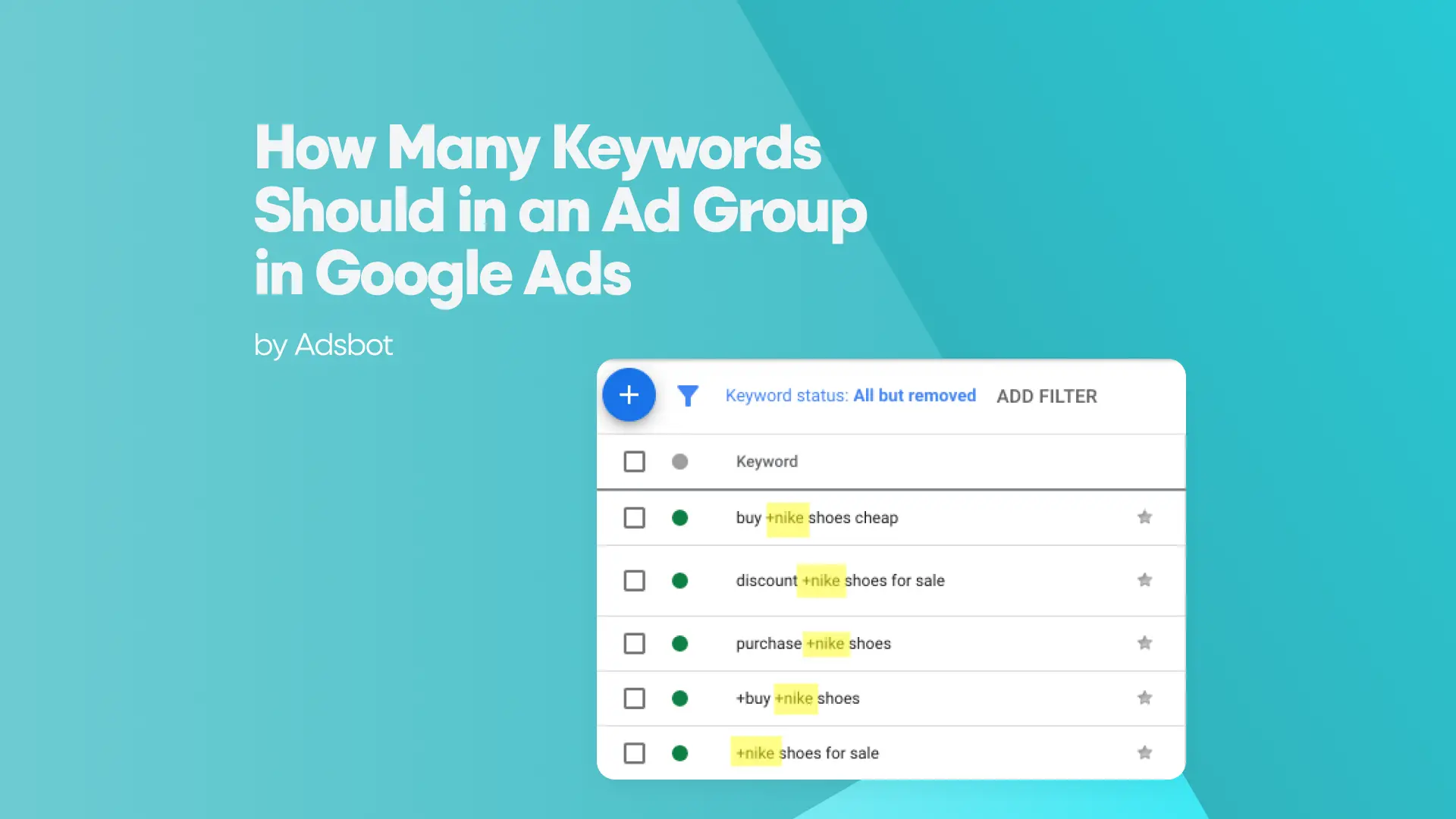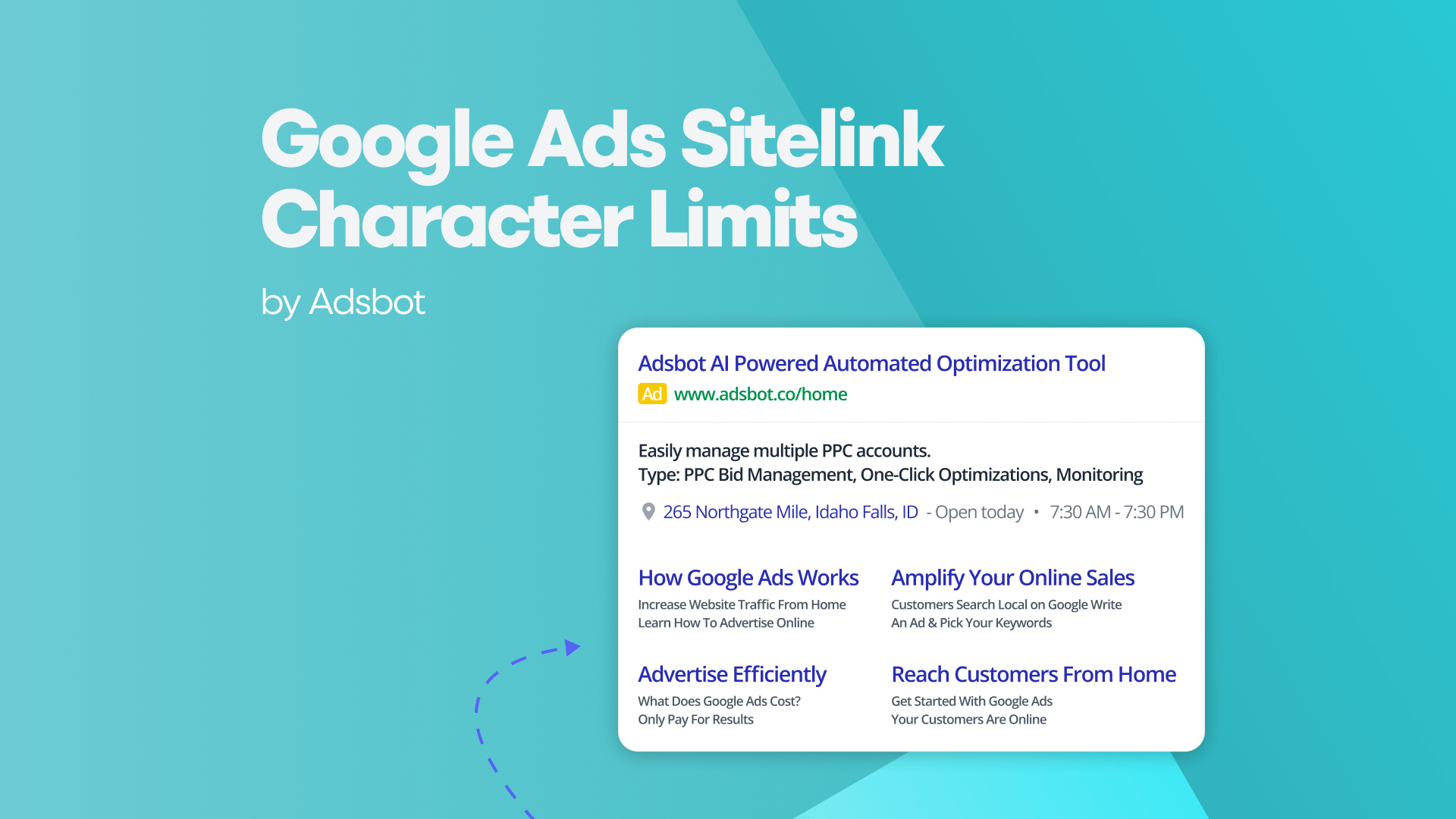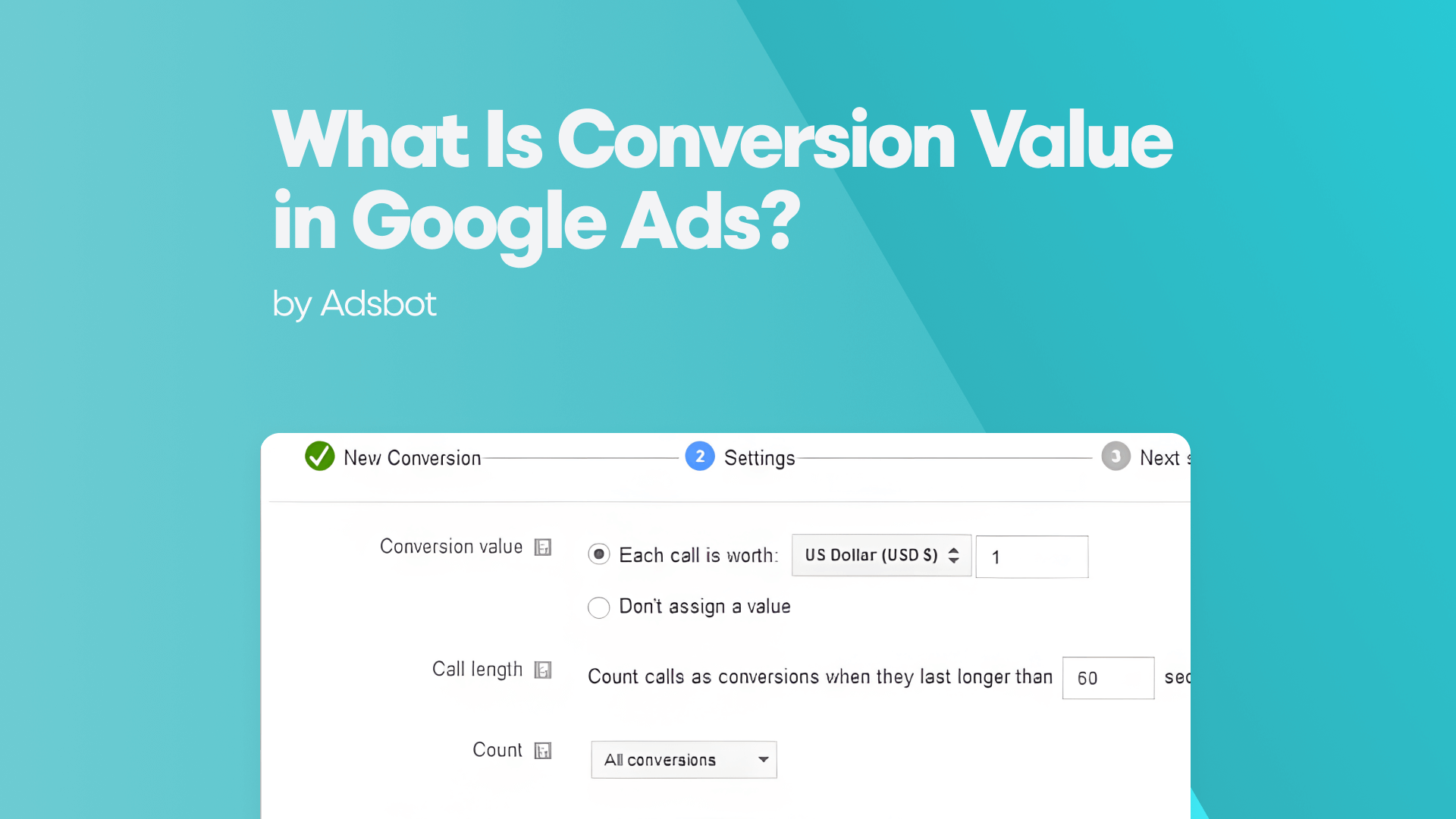Every search engine marketer’s goal is to pay the minimum amount of money and to get the highest possible conversion for high ROI rates in Google Ads campaigns. To achieve that, they have to create ads that can be eligible for auctions. Here is where Quality Score comes into the picture and won’t go away until the ad is selected by the algorithm to appear on the results page.
What Is Quality Score?
Quality Score (QS) is Google’s way of grading how relevant your ad and keywords are, and the quality of your landing page experience. If your ads have high QS, you are more likely to spend less money on auctions.
Google’s revenue model mostly depends on the ads that they run on its platforms. That’s why they need to show users the most relevant ads, and get them to click on them. In other words, ads with high CTRs are as good for Google as they are good for you. They are good for you because it means that you saved money and gained a potential customer, and good for Google because it’s how they make money.
Three factors affect your QS.
- Expected CTR : It measures how likely it is that your ad will be clicked on when shown for a given keyword. Expected CTR is an estimate of the likelihood that your ad will be clicked on, based on factors such as ad relevance, historical click-through rates, and the position of your ad on the search engine results page (SERP).Google uses expected CTR to predict how well your ad will perform for a given keyword, and it is one of the factors that determines your ad’s Quality Score. If Google expects your ad to have a higher CTR than other ads for the same keyword, your ad’s Quality Score may be higher, which can lead to better ad placement and lower cost-per-click.Improving your expected CTR can help improve your ad’s Quality Score, which in turn can help improve the performance of your ad campaigns. To improve your expected CTR, you can take steps to improve the relevance of your ads to the keywords you are targeting, such as by using targeted ad copy, including relevant ad extensions, and improving the relevance and quality of your landing pages.
- Ad relevance: It measures how relevant your ad is to the keywords you are targeting. Ad relevance is an estimate of how well your ad matches the intent of a user’s search query, based on factors such as your ad copy, keywords, and landing page experience.Google uses ad relevance to determine how useful and relevant your ad is to the user’s search query, and it is one of the factors that determines your ad’s Quality Score. If your ad is highly relevant to the user’s search query, your ad’s Quality Score may be higher, which can lead to better ad placement and lower cost-per-click.Improving your ad relevance can help improve your ad’s Quality Score and the performance of your ad campaigns. To improve your ad relevance, you can take steps to ensure that your ad copy and landing page experience are highly relevant to the keywords you are targeting. This may include using targeted ad copy, including relevant ad extensions, and improving the relevance and quality of your landing pages.
- Landing page experience: It measures how well your landing page experience is likely to satisfy users who click on your ad. This includes factors such as load time, relevance, transparency, and ease of navigation.Google uses landing page experience to determine how useful and relevant your landing page is to the user who clicks on your ad, and it is one of the factors that determines your ad’s Quality Score. If your landing page experience is positive and relevant to the user’s search query, your ad’s Quality Score may be higher, which can lead to better ad placement and lower cost-per-click.Improving your landing page experience can help improve your ad’s Quality Score and the performance of your ad campaigns. To improve your landing page experience, you can take steps to ensure that your landing page is highly relevant to the keywords you are targeting and provides a positive user experience. This may include improving the design and layout of your landing page, ensuring that it loads quickly, and providing clear and relevant information to the user.
Why is Quality Score Important?
Quality Score is an important metric in Google Ads because it can have a significant impact on the performance of your campaigns. Here are some reasons why Quality Score is important:
- Ad Rank: Quality Score is one of the factors that Google uses to determine the Ad Rank of your ads. Ad Rank is a formula that Google uses to determine which ads will be shown on the search engine results page (SERP) and in what order. A higher Quality Score can help improve your Ad Rank, which can lead to better ad placement and higher click-through rates.
- Cost-per-click: Quality Score can also impact the cost-per-click (CPC) of your ads. Ads with a higher Quality Score may be able to achieve a higher Ad Rank while paying less per click than ads with a lower Quality Score. This can help you get more value from your ad spend and improve the return on investment (ROI) of your campaigns.
- Ad relevance: Quality Score is a measure of how relevant your ads are to the keywords you are targeting. By improving your Quality Score, you can help ensure that your ads are more relevant to the users who are searching for them. This can help improve the overall user experience and increase the likelihood of users clicking on your ads.
- Campaign optimization: By monitoring and improving your Quality Score over time, you can identify opportunities to optimize your campaigns for better performance. For example, you may be able to identify ads or keywords that have a low Quality Score and make changes to improve their relevance and performance.
Qualification for the auction
You might want to set your maximum CPCs as high as possible to grant a good ad ranking but if your keyword relevance is low, and pulls down your QS, your ad might not even get a chance to enter the auction.
Ranking on the auction
Sure, Google considers how much you’re willing to pay (your maximum CPC) on the auction round. Still, you have to offer a good landing page experience and a promising CTR for a higher QS, therefore, an opportunity for a better ranking.
CPC discount
If you automatised the bidding process, probably with Google AdScript, your code might achieve your goals with a lower CPC. Higher Quality Scores provide CPC discounts and you can keep your position against other higher bidders.
A Quick Guide to a Good Quality Score
Writing compelling ad copies and matching relevant keywords are two essential elements to improve your Quality Scores. You might hear stories that sometimes it’s possible to get high QS even if there are no keywords on your landing page, mentioning your keywords is usually a plus.
- You should check how well you did in the components of your QS and try to fix them if they are tagged as “below average” (and “average” in most cases) by Google.
- Your Expected CTR mostly depends on the quality of your copy.
- Don’t try to focus on general keywords because the intentions of people might change even though the search evolves around the same keyword.
For example, you might be selling car insurance but not everyone who searches for car or insurance is interested specifically in car insurance. It’s a good idea to include other relevant keywords in a powerful call to action that explains your distinction from your competitors. Keeping high-volume keywords that might refer to similar things in the same ad group might decrease your QS.
Let’s stick with our car insurance example. If you put “car insurance” and “auto insurance” in the same ad group, the relevance might get lost. Instead, you might create two ad groups with other relevant keywords.
- One might include car insurance, liability car insurance, and cheap car insurance;
- The other, auto insurance, collision insurance, and comprehensive insurance. Plus, editing your copy for the new ad group helps to improve your QS.
If you land someone who is searching for liability car insurance on a page that sells collision insurance, or a page that a person should scroll the page or navigate through the website, it’s not a good landing page experience. You need to keep your landing page relevant with your ad’s copy and offer the users exactly what they are searching for.
Monitor your organic traffic closely because it might help you detect stronger and weak keywords. You can use the data to create more relevant texts for your ads, create better-targeted ad groups, and a more pleasant landing page experience.
How to increase Google ads Quality Score:
Here are 10 ways to increase quality score which will lead you lower CPC:
- Use targeted keywords: Use highly relevant, targeted keywords that are specific to your products or services. Use keyword match types to ensure your ads are showing for the most relevant searches.
- Create compelling ad copy: Write clear, concise ad copy that speaks directly to the user’s needs and includes a clear call to action.
- Use ad extensions: Use ad extensions to provide more information to users and increase your ad’s visibility. Experiment with different ad extensions, such as sitelink extensions, callout extensions, and structured snippet extensions.
- Optimize landing pages: Ensure that your landing pages are highly relevant to the keywords you are targeting and provide a positive user experience. Make sure your landing pages load quickly and provide clear and relevant information to the user.
- Increase expected click-through rate (CTR): Improve your ad’s expected click-through rate by using targeted ad copy and including relevant ad extensions.
- Use negative keywords: Use negative keywords to prevent your ads from showing for irrelevant searches and improve the relevance of your ads.
- Improve ad relevance: Ensure that your ad copy and keywords are highly relevant to the user’s search query. Use targeted ad copy that matches the user’s intent, and include keywords in your ad copy that match the user’s search terms.
- Test and refine: Continuously test and refine your ad copy, keywords, and landing pages to optimize performance and increase Quality Score.
- Monitor campaign performance: Monitor your campaign performance regularly and make adjustments as needed to improve your Quality Score.
- Optimize bids and budgets: Ensure that your bids and budgets are optimized to achieve the best possible performance for your campaigns. Experiment with different bidding strategies and adjust your budgets as needed to maximize your return on investment (ROI).
How Does Adsbot Help You?
Adsbot helps you automate and optimize your campaigns in a minute. You can analyze quality score of all keywords on your account with a single click. Besides, Get insights, alerts and smart recommendations with a single click. You will have a full control on your account and focus on strategy. Start you free trial today and see Adsbot in action.
Popular Posts
-
How Many Keywords Should Be In an Ad Group in Google Ads?
Ever wondered if your Google Ads campaigns are packed with…
Read more -
Google Ads Script for Dummies: An Introduction
Imagine you have an e-commerce website that sells licensed superhero…
Read more -
Google Ads Sitelink Character Limits
Your Google Ads are cutting off in the middle of…
Read more -
What Is Conversion Value in Google Ads?
What if you could put a price tag on every…
Read more
Register for our Free 14-day Trial now!
No credit card required, cancel anytime.





